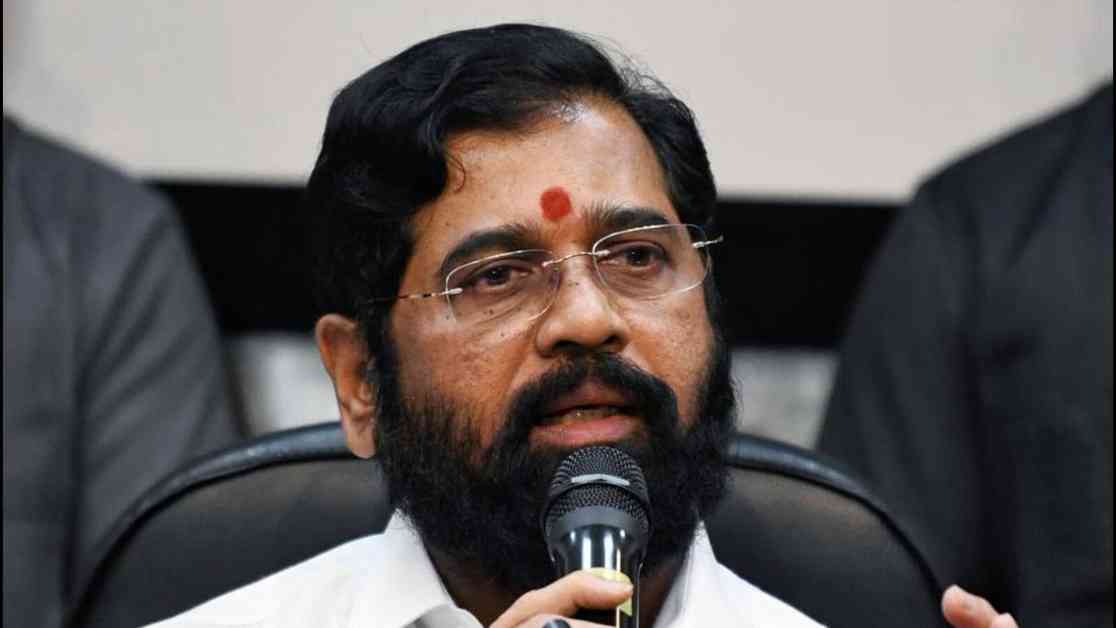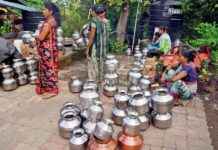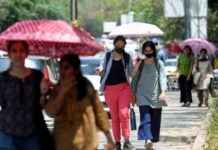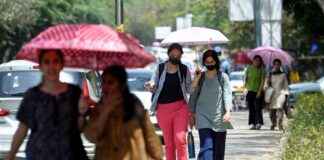Prime Minister Narendra Modi’s recent visit to Thane for a rally ahead of the assembly elections in Maharashtra showcased the strong influence and support Chief Minister Eknath Shinde holds within the ruling Mahayuti alliance. The event was a grand display of Shinde’s power in his hometown, with posters and banners welcoming Modi spread throughout the city. The entire program in Thane was orchestrated by Shinde’s son and Kalyan MP Shrikant Shinde, along with local party leaders, highlighting the unity and coordination within the party.
While Shinde’s party members were thrilled with the successful event, some leaders from the ally BJP expressed disappointment that Thane was chosen as the rally location. They believed that launching a significant project like Metro 3 in Mumbai would have had a more significant impact, especially considering the ruling alliance’s stronghold in Thane. Despite these concerns, Shinde’s decision prevailed, and Modi’s commendation of him during the rally further solidified his position within the alliance.
In a related development, senior politician Harshvardhan Patil’s decision to join the Sharad Pawar-led NCP (SP) marks a significant shift in western Maharashtra’s political landscape. Following Patil’s move, other prominent leaders from the region may also switch parties, causing concern within the ruling alliance. The buzz surrounding Pawar’s influence in western Maharashtra has prompted Mahayuti leaders to strategize on how to address the growing support for the NCP.
Meanwhile, Congress leader Rahul Gandhi’s visit to Kolhapur aimed to rejuvenate the party’s presence in western Maharashtra, historically a stronghold for the party. By promoting young leaders like Satej Patil, Vishwajit Kadam, Sangram Thopte, and Praniti Shinde in different districts, Congress is working to rebuild its influence in the region that has traditionally played a significant role in state politics.
The upcoming assembly election in Mumbai is set to witness a fierce competition between former colleagues Abu Azmi and Nawab Malik, who are now leading different political factions. The clash between Azmi and Malik highlights the shifting dynamics within the political landscape of Mumbai and the strategies employed by various parties to secure electoral success.
In an effort to counter the Maharashtra vs. Gujarat narrative that impacted them in the past, BJP is actively promoting Marathi culture and language in Mumbai. By organizing events that celebrate Marathi traditions and inviting prominent Marathi personalities to participate, the party aims to connect with the local community and showcase its commitment to the state’s cultural heritage.
Overall, the political developments in Maharashtra reflect a dynamic and evolving landscape as parties strategize and position themselves ahead of the upcoming elections. The alliances, defections, and strategic moves underscore the intense competition and the significance of regional dynamics in shaping the state’s political future. Through these initiatives and realignments, political parties are seeking to strengthen their positions and appeal to voters across different regions of Maharashtra.




















